AFP eyes case of author Bruce Pascoe’s indigenous identity
The AFP is assessing a claim that author and historian Bruce Pascoe has benefited from wrongly claiming to be indigenous.
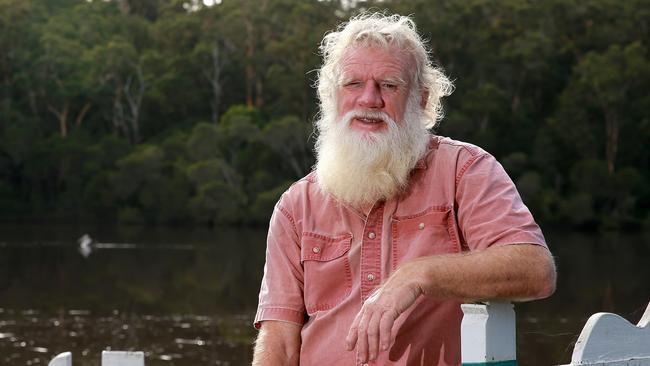
The Australian Federal Police is assessing an allegation that celebrated author and historian Bruce Pascoe has benefited financially from wrongly claiming to be indigenous.
One of Professor Pascoe’s most vocal critics, Aboriginal entrepreneur Josephine Cashman, asked Home Affairs Minister Peter Dutton for an investigation of Professor Pascoe for alleged “dishonesty offences” on December 11. Mr Dutton has since referred the matter to the AFP for an assessment, which was underway on Friday.
Professor Pascoe was joint winner of the $30,000 inaugural Indigenous Writers’ Prize in the NSW Premier’s Literary Awards in 2016 for Dark Emu, which argues for a rethink of the hunter-gatherer label for pre-colonial Aboriginal Australians. The award, which Professor Pascoe shared with Ellen van Neerven for her book Heat and Light, was established to acknowledge the contribution to Australian literary culture by Aboriginal and Torres Strait Islander writers.
Dark Emu became a bestseller. An adaptation called Young Dark Emu has been published for children and ABC announced it would turn it into a two-part series to be screened this year.
Ms Cashman’s email to Mr Dutton disputed Professor Pascoe’s past statements that he was of Bunurong and Yuin descent.
Ms Cashman, whose son is Yuin, alleged a genealogy search did not show Professor Pascoe had Aboriginal forebears. She said Professor Pascoe had benefited financially from his claims including from his appointment “as an Aboriginal professor at the University of Technology Sydney”.
In recent years Professor Pascoe worked as a UTS professor at the Jumbunna Institute for Indigenous Education and Research. The Weekend Australian does not suggest the allegation against Professor Pascoe is true, only that the AFP is assessing it.
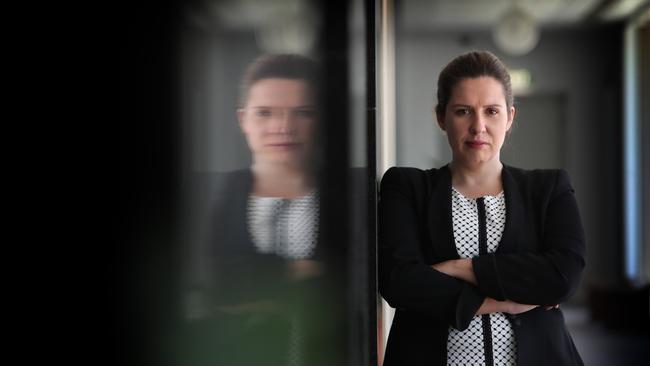
Ms Cashman is a Warrimay woman from NSW. She was a member of former prime minister Malcolm Turnbull’s Indigenous Advisory Council who spoke out about “the epidemic of violence in indigenous communities” in a joint presentation to the National Press Club in 2016.
In October last year, Indigenous Australians Minister Ken Wyatt appointed Ms Cashman and 19 other indigenous and non-indigenous Australians to the Voice Co-Design Senior Advisory Group.
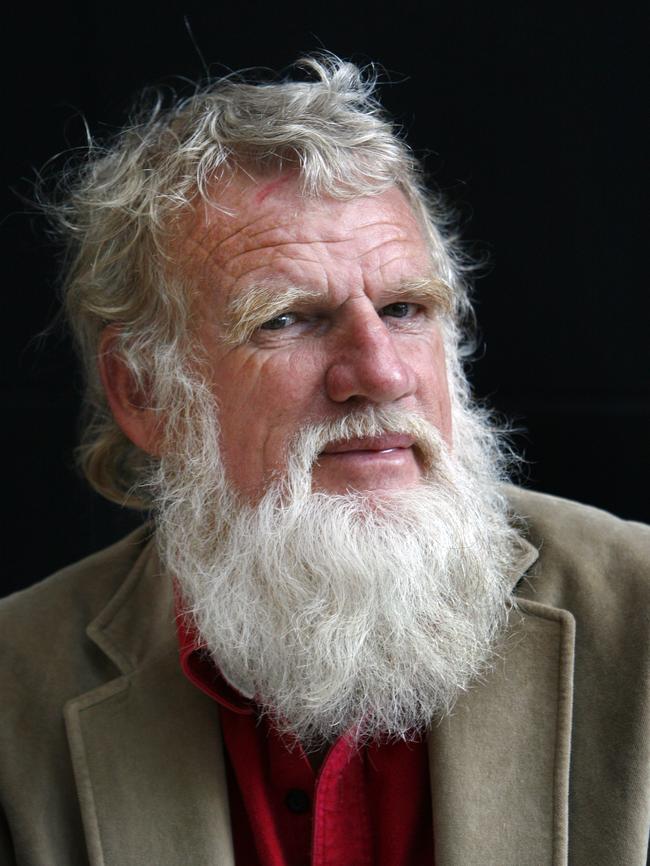
In her email to Mr Dutton, Ms Cashman also raised the broader issue of indigenous identity.
“I also seek your support on the question of government reforms concerning Aboriginal identity. ‘Do you identify as an ATSI person?’ is failing Aboriginal communities,” she wrote.
“I invite you to assist me in collaboration with the Attorney-General and the Prime Minister to develop a national strategy for establishing a register for Aboriginal people. I suggest a panel composed of traditional owners, on-the-ground elders, government experts and others to examine the most efficient manner to achieve identifying Aboriginal people.
“Once the procedure has been designed and agreed upon, it should be easy to register an Aboriginal birth because it could be linked to existing Australian birth registration and native title genealogical records. It is doable.”
Professor Pascoe’s current publisher, Morry Schwartz of Schwartz Publishing, declined to give his opinion on the validity of claims that Professor Pascoe was not Aboriginal. He told The Weekend Australian Professor Pascoe’s background was “completely irrelevant to his work”.
In Professor Pascoe’s latest book Salt, a collection of his writing dating back years, he addressed questions about his Aboriginality in an essay title “An enemy of the people”, saying “many people think I’m a traitor”.
“You’re not like the rest of us, they tell me, you’re not really Aboriginal,” Professor Pascoe wrote.
“What they say has cool logic. Clinical analysis of genes says I’m more Cornish than Koori. I hardly ever suffered racist remarks, and experienced no disadvantage, due to my heritage.”
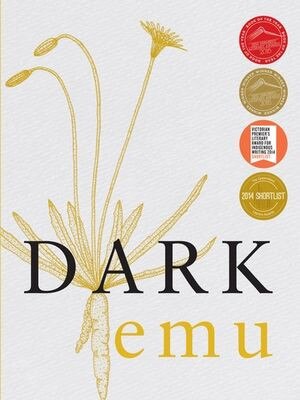
In The Weekend Australian Magazine last May, writer Richard Guilliatt quoted Professor Pascoe addressing questions about his ancestry.
Guilliatt wrote that Professor Pascoe told him: “When people ask me whether I’m ‘really’ Aboriginal, because I’m so pale, I say ‘Yeah’. And when they ask me whether I can explain it, I say: ‘Have you got three hours?’”
Mr Schwartz alleged that Ms Cashman was “allowing herself to be used by the professional right-wing cultural warriors”.
“I am indeed saddened, for I have been involved with Josephine on several projects over the past couple of years, and I know she genuinely worked very hard towards the wellbeing of indigenous Australians,” Mr Schwartz said. “Bruce Pascoe’s background is completely irrelevant to his work.”
When told of Mr Schwartz’s comments, Ms Cashman responded by saying that facts mattered. She said it was offensive for a non-Aboriginal person to say they were Aboriginal.
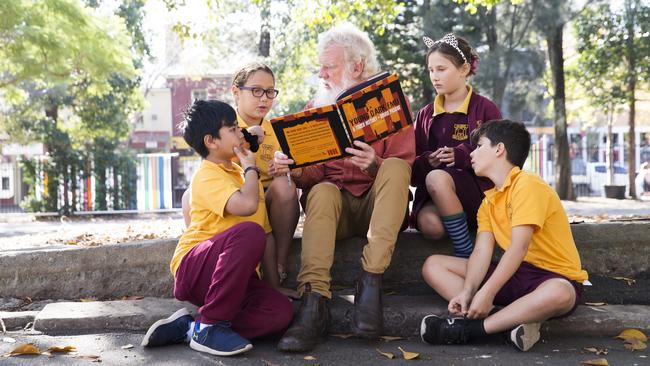
A spokesperson for the AFP told The Weekend Australian on Friday that work had begun to assess the complaint about Professor Pascoe. “The Australian Federal Police can confirm it received correspondence in relation to this matter on December 24,” the spokesperson wrote in an email. “The matter is being assessed in accordance with standard AFP protocols. As such, it would not be appropriate to comment further at this stage.”
The Weekend Australian tried to reach Professor Pascoe through his University of Technology email address, a colleague at UTS, the UTS media unit, Dark Emu publisher Magabala Books, Mr Schwartz, in a Facebook message to Black Duck Foods where he is listed in ASIC documents as a director, and in a message to Professor Pascoe’s Facebook account. The Weekend Australian also contacted Curtis Brown, a UK literary agency that lists Professor Pascoe as one of its clients, and called and messaged Professor Pascoe’s mobile phone.


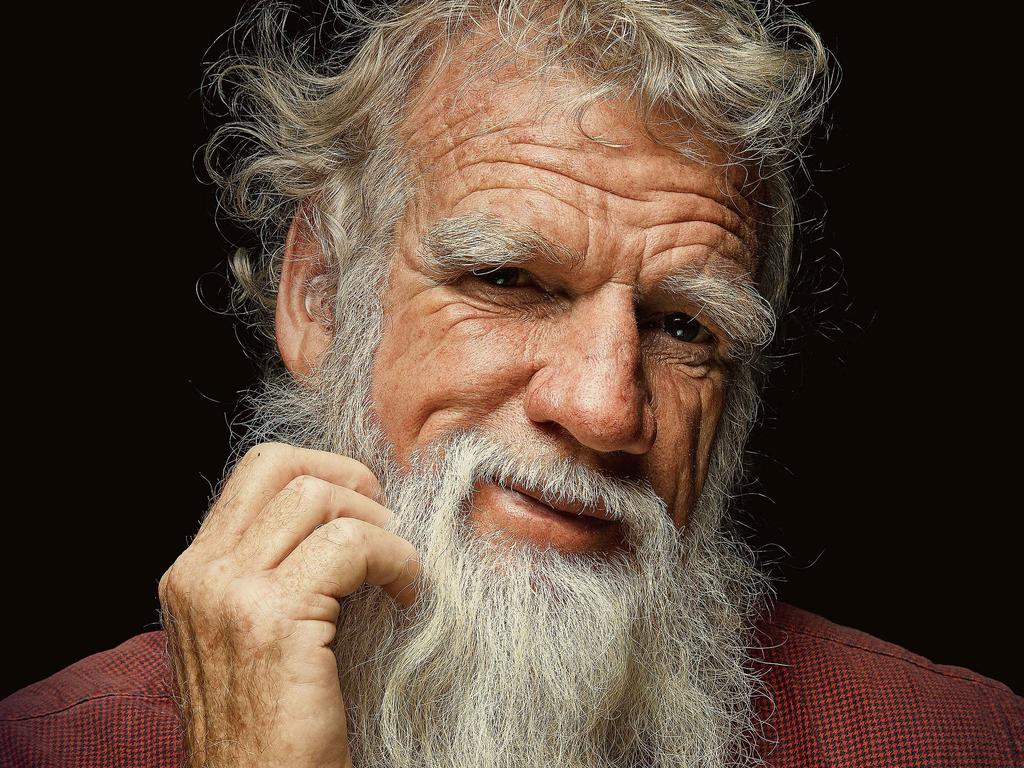




To join the conversation, please log in. Don't have an account? Register
Join the conversation, you are commenting as Logout